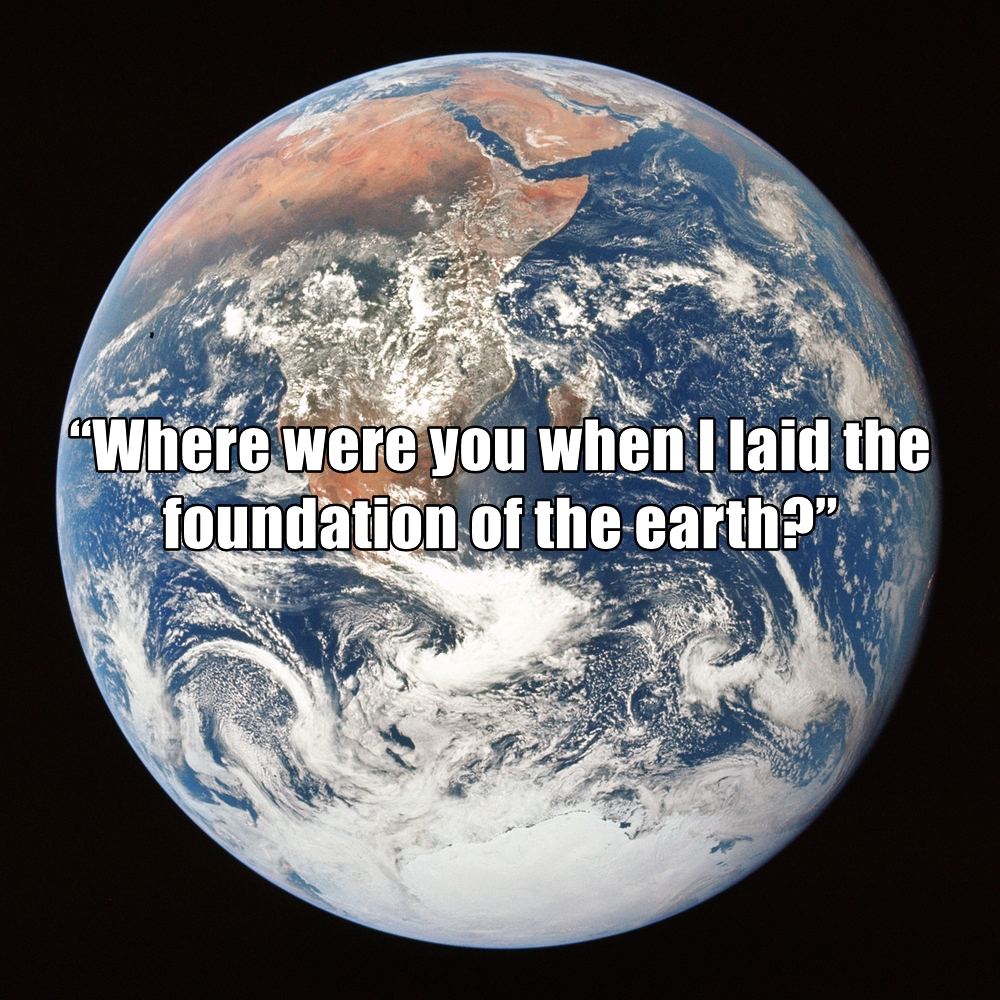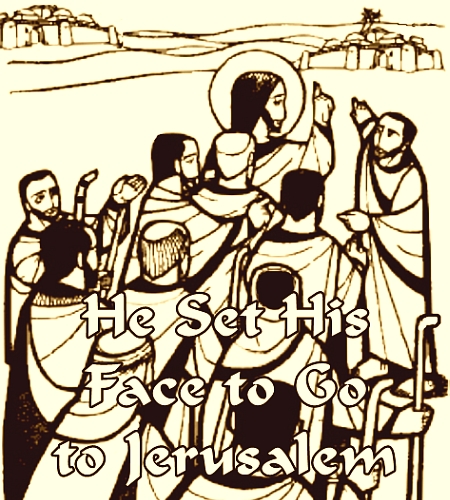Proper 14A Sermon: Drinking from a Fire Hose
The Tenth Sunday after Pentecost
9 August AD 2020
Video: Click to view the YouTube video of Drinking from a Fire Hose.
Audio: Alternatively, choose Drinking from a Fire Hose to hear the MP3.
 Summary: Job wanted a few swallows of understanding from God’s well of wisdom as to why he faced his troubles. The Lord instead turned on the fire hose of His might and glory, never answering the particulars of Job’s questions.
Summary: Job wanted a few swallows of understanding from God’s well of wisdom as to why he faced his troubles. The Lord instead turned on the fire hose of His might and glory, never answering the particulars of Job’s questions.However, Job finally learned that God knows best and is in control of all that befell him. So with us: We may never know why evils enter our lives. However, we do know that we’ll never face the ultimate evil of life now and forevermore without God as long as we believe in Christ crucified for our sins and raised for our justification.
Text: [The Lord answered Job,] “Who is this that darkens counsel by words without knowledge? Dress for action like a man; I will question you, and you make it known to me.
“Where were you when I laid the foundation of the earth? Tell me, if you have understanding. Who determined its measurements — surely you know! Or who stretched the line upon it? On what were its bases sunk, or who laid its cornerstone, when the morning stars sang together and all the sons of God shouted for joy?
“Or who shut in the sea with doors when it burst out from the womb, when I made clouds its garment and thick darkness its swaddling band, and prescribed limits for it and set bars and doors, and said, ‘Thus far shall you come, and no farther, and here shall your proud waves be stayed’?
“Have you commanded the morning since your days began, and caused the dawn to know its place, that it might take hold of the skirts of the earth, and the wicked be shaken out of it? It is changed like clay under the seal, and its features stand out like a garment. From the wicked their light is withheld, and their uplifted arm is broken.
“Have you entered into the springs of the sea, or walked in the recesses of the deep? Have the gates of death been revealed to you, or have you seen the gates of deep darkness? Have you comprehended the expanse of the earth? Declare, if you know all this.” Job 38:4–18
Scripture quoted from The Holy Bible, English Standard Version®, © 2001 by Crossway Bibles, a publishing ministry of Good News Publishers. Used by permission. All rights reserved.
Video: Click to view the YouTube video of Drinking from a Fire Hose.
Audio: Click Drinking from a Fire Hose to listen to the MP3.
Other Readings: Psalm 18:1–16; Romans 10:5–17; Matthew 14:22–33
Labels: evil, faith, God, hope, Job, pentecost 10, preservation, preservatiopn, proper 14, restoration, series a, suffering, theodicy







